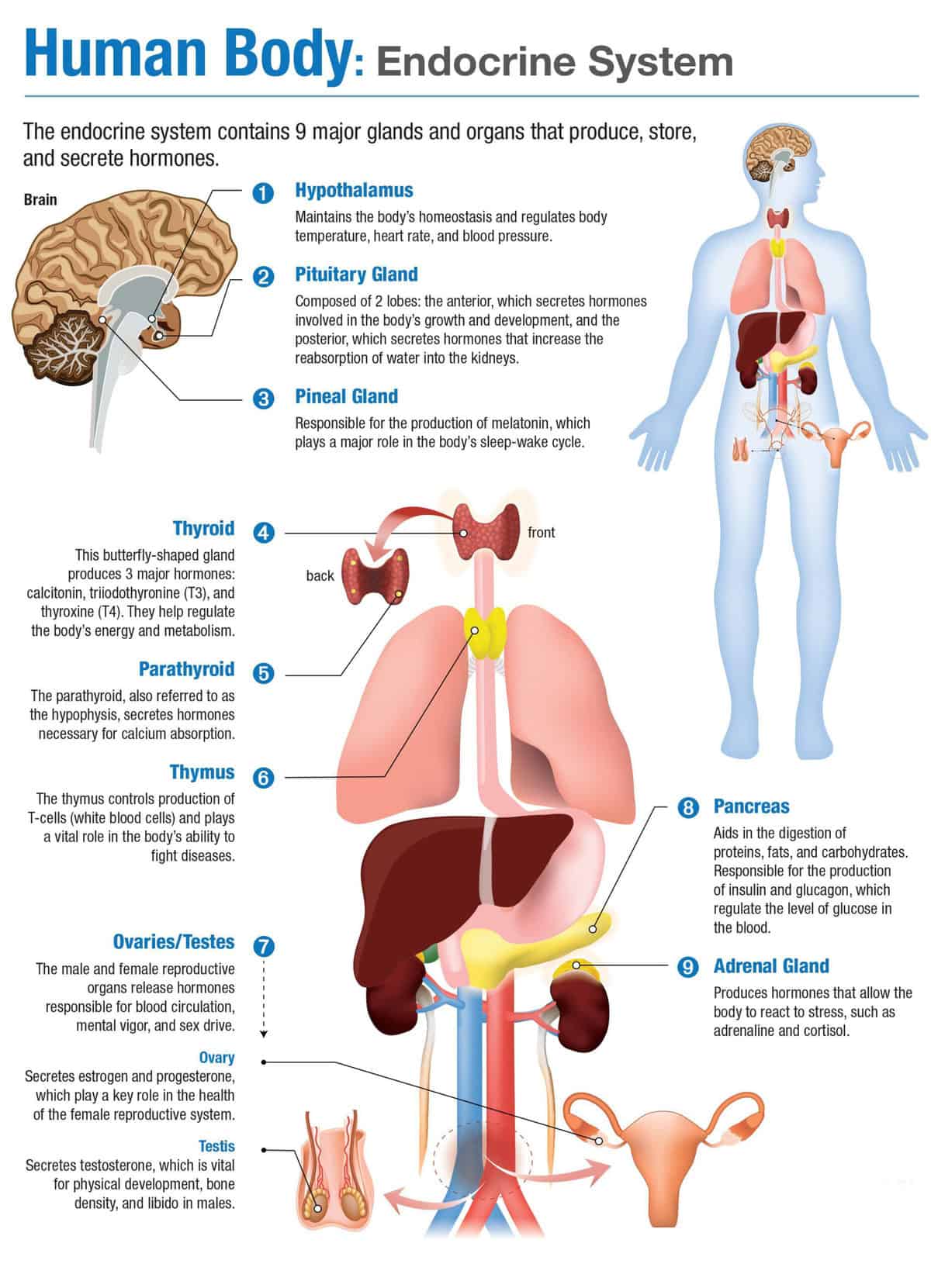Hormones are messengers that travel throughout the body coordinating complex processes like growth, metabolism, and fertility. They can influence the function of the immune system, and even alter behavior. Before birth, they guide the development of the brain and reproductive system. That being said, our hormones are essential to reproduction, and they are fundamental to all the systems of your body. Here are some facts you should know about abnormal hormone levels and what you can do to address them.

Image via Shutterstock
1. What are hormones?
So what are hormones? A hormone is a chemical that is made by specialist cells and it is released into the bloodstream to send a message to another part of the body. It is often referred to as a ‘chemical messenger’. As mentioned, hormone levels change and develop over time as you grow and age.

The body secretes and circulates about 50 different hormones. A wide variety of these chemical substances are produced by endocrine cells, most of which are in glands. They then enter the blood system to circulate throughout the body and activate target cells to distant organs to which the body effectively counters whatever challenges occur. Hormones have diverse chemical structures, mainly of three classes:
- Eicosanoids
- Steroids
- Amino acids
